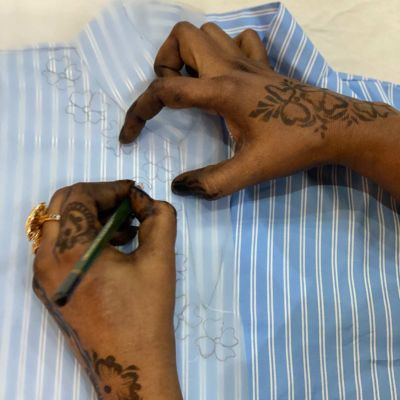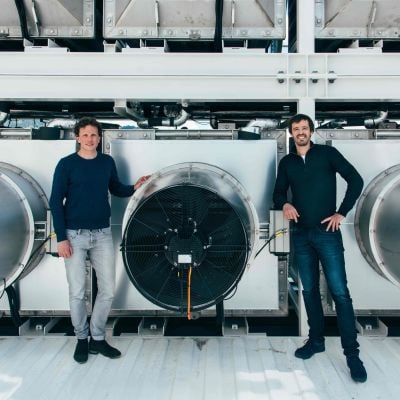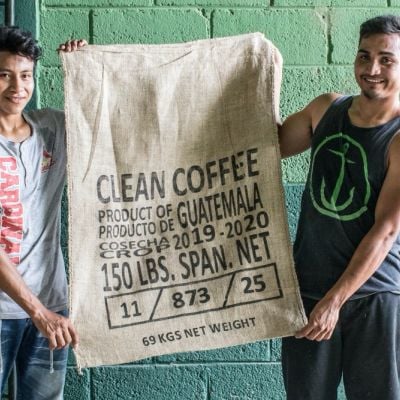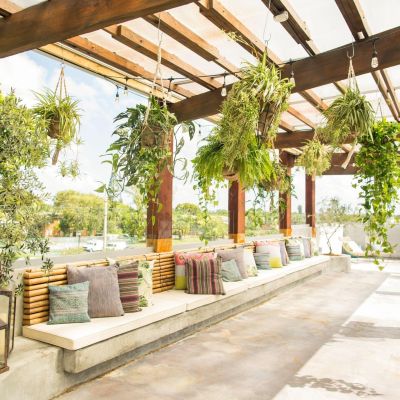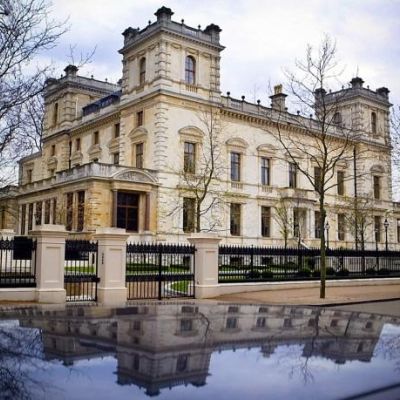Guy Laliberté On The Power of Water
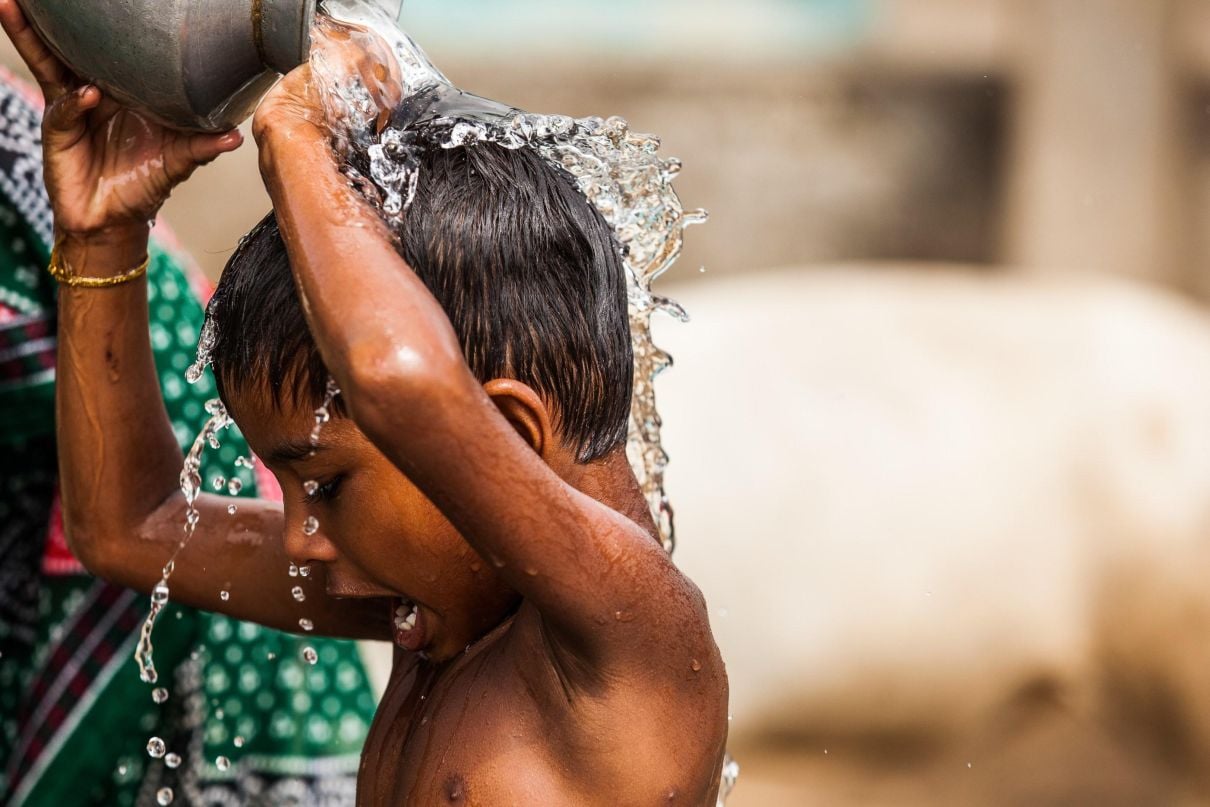
Guy Laliberté, co-founder of Cirque du Soleil, is using his well-honed creative skills to tackle the huge challenge of providing safe water to everyone.
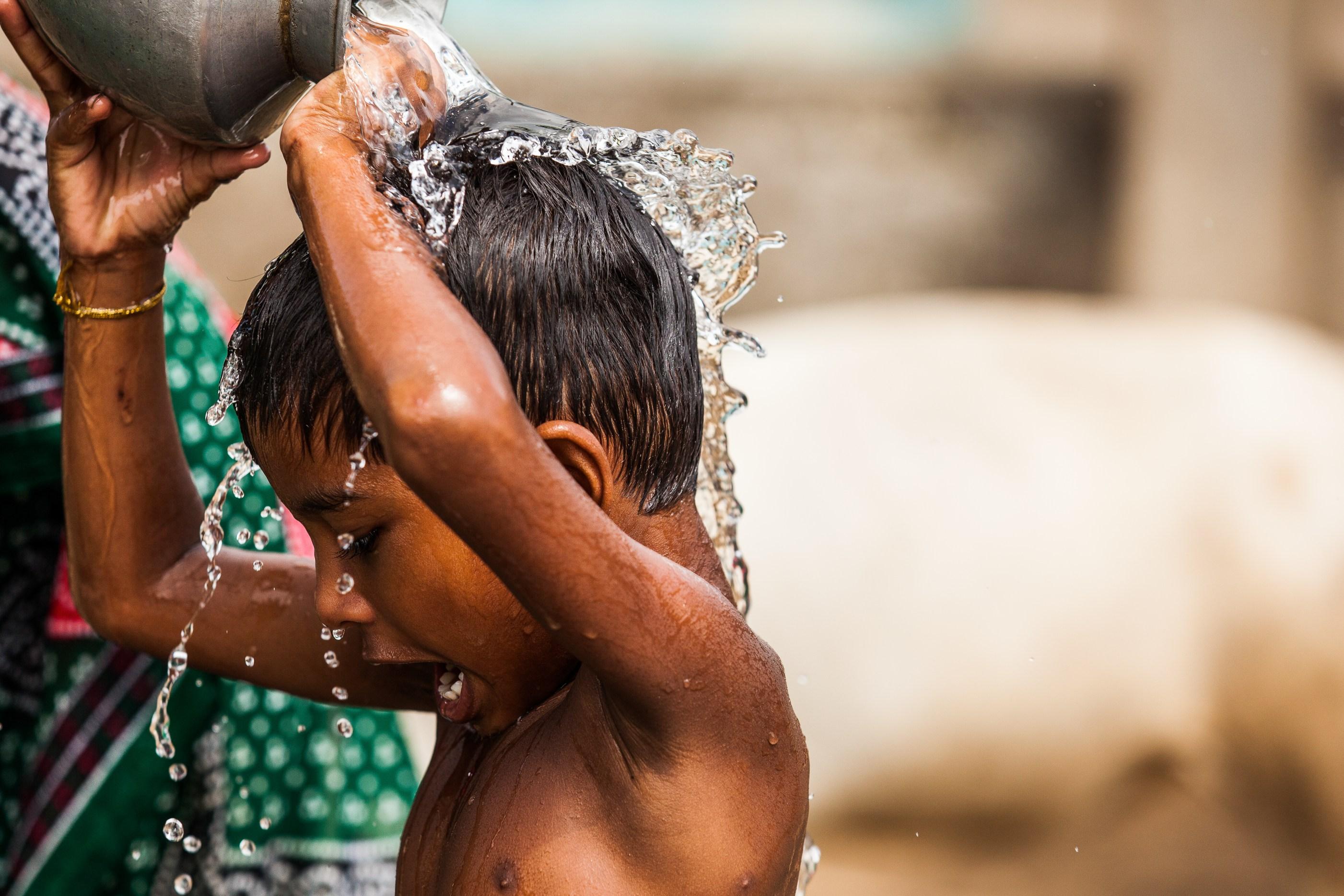 A water project in a rural village (c) Terry Hughes
A water project in a rural village (c) Terry HughesWith a background that includes street theatre, fire eating and stilt walking, as well as being one of the wealthiest Canadians with a star on the Hollywood Walk of Fame, it has been an unusual road to fortune for Guy Laliberté. However, as co-founder of the Cirque du Soleil, seen by over 90 million on four continents since 1984, Laliberté has long been doing things his own way.
This mix of creative engagement (Laliberté was personally involved in the creation of every Cirque du Soleil show for over 30 years) and thinking big is also apparent in Laliberté’s largest challenge to date: providing access to safe water around the world.
Since late 2007 when Laliberté founded the One Drop Foundation with a long-term commitment of US$100 million, the organisation has taken an active lead in providing access to safe water in Latin America, the Caribbean, Africa and India, targeting over one million beneficiaries. The projects funded by One Drop are structured on the ABC for sustainability intervention model, which aims to drive long-term change in water and sanitation solutions.
While proud of the foundation’s success, both its team and Laliberté are aware of the role partnership and fundraising will play in addressing a problem of this scale. Recent partnerships with companies such as the Coca-Cola Foundation have enabled the foundation to grow in scope. As you would expect from a showman such as Laliberté, the foundation has not shied away from large-scale events to raise its profile and funds. These include One Night for One Drop in Las Vegas, a one-night only performance imagined by Cirque du Soleil that has been running since 2013. Laliberté also created a relationship with the World Series of Poker that has raised over US $20 million thus far through the Big One for One Drop tournament.
These are just a few of many examples where Laliberté’s big thinking has led to big outcomes for the foundation. As the organisation he founded celebrates its 10th year, Billionaire took the opportunity to ask Laliberté for insights on his own journey and that of One Drop.
It may sound simple, but why water? What was the trigger to start a foundation?
In 2007, I learnt that around the world, one child every 20 seconds was dying from diseases caused by contaminated water and poor sanitation. This was more than HIV/AIDS, malaria and tuberculosis combined. This statistic shook me to the core and that’s when I knew I had to do something. It was clear to me, and it still is, that people need to be healthy to thrive, and safe water is essential to health.
Why did you decide to create a new foundation?
Philanthropy has always been a part of me and deciding to build my own foundation in 2007 was a natural decision at that point in my life. I truly believe that philanthropy and social responsibility should be an integral part of any business. The One Drop Foundation was a new organisation but I would never say it was created from scratch. Since the water, sanitation and hygiene sector was relatively new for me at the time, I surrounded myself with experts in the matter for guidance and built upon what was already available in the sector.
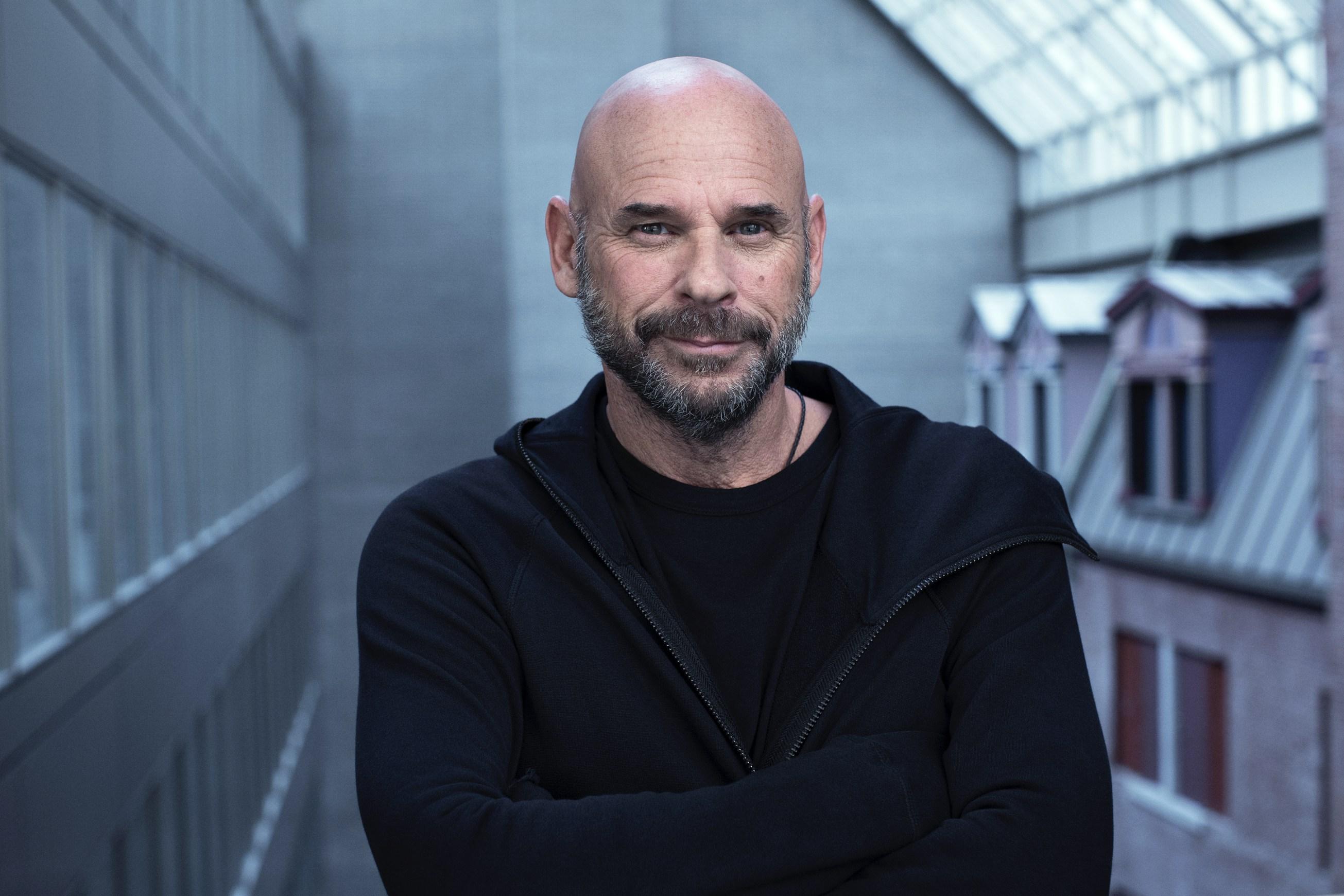 Guy Laliberté (c) One Drop Foundation
Guy Laliberté (c) One Drop FoundationThe approach of One Drop manages to combine the power of social art and behaviour change — how did your own background drive this outcome?
For me, it’s always been about using our imagination to create amazing things; and, eventually, being able to touch people and impact upon their lives. Whether it is inspiring people to push the boundaries of what they believe possible through a Cirque du Soleil show or raise awareness on the importance of safe water and sanitation practices through theatre or another art form, it all comes back to using art to communicate a message in a powerful way. Since the beginning of One Drop, I was always confident that social art was the key to achieving sustainability. We now have a well-defined approach that is key to creating favourable conditions for the long-term functionality of water, sanitation and hygiene infrastructures through the adoption of healthy behaviours. The collaborative process we have put in place allows us to scale up our projects and therefore transform the lives of even more people.
What role do family and friends have within your philanthropy?
It’s always been important for me to instil these values in my children. Now that they are getting a little older, I’m encouraging them to find the causes that are important to them and to think of ways in which they can take part in the solutions.
What are your hopes for the future of One Drop?
There are still 2.1 billion people worldwide who don’t have access to safe water at home. My hope for the future of One Drop is to keep building upon the knowledge and experiences we are gaining with our projects, to keep creating even more partnerships that leverage each other’s skills, and to keep developing bigger and bolder fundraising initiatives, all with the goal of transforming the lives of even more people. My dream, of course, is for One Drop to have done its part, so that eventually everyone, everywhere, will have access to safe water at home.
What has been the most surprising element of your work with One Drop so far? What have you been most proud of?
When I started One Drop in 2007, I was far from imagining that, in as few as 10 years, we would be on our way to having transformed the lives of over one million people and raised over US$120 million to provide access to water. One Drop didn’t follow a typical growth path, but I was lucky enough to count on the support of people who share my desire to change the world, at a fast pace, and in a bold and positive way.
What advice would you have for others that are looking to set out on their own philanthropic venture?
First start by looking at what is currently being done to address the cause that’s close to your heart. I would also recommend surrounding yourself with experts in the matter. Most of all, I would advise people to always stay committed and remember the reason why they originally started the journey. It’s not an easy road to take, there are ups and downs and you need to realign yourself constantly to keep improving. But if you keep reminding yourself of why you started doing it in the first place, it makes it much easier to keep going.
This interview originally appeared in the Water Issue of Billionaire, June 2018. To subscribe contact

